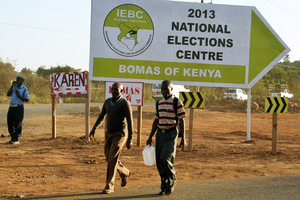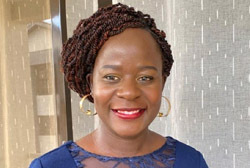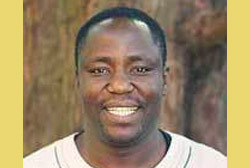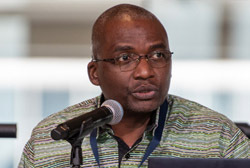Reflections on the 2022 General Elections in Kenya: What is at Stake?
 Kenya General Elections March 2013 (Photo: The Commonwealth, Flickr)
Kenya General Elections March 2013 (Photo: The Commonwealth, Flickr)
Kenya, like many African countries has struggled and continues to struggle with management of elections. This has often led to outbreaks of post-election violence resulting in killings and displacement of many people, among other results. In 2007, more than 1,100 people were killed and over 500,000 displaced following its 2007 elections—just one example of the devastating toll such violence can take.
With a highly contested election in August 2022 that will see a transitional government, this panel of Kroc Institute and Notre Dame Law School alumni, explores the question, what has been done and what still remains to be done to reduce the likelihood of electoral violence almost 15 years after 2007 post-election violence?
Panelists will contribute diverse perspectives on the repercussions of the 2022 elections and discuss strategies that were put in place to mitigate the likelihood of violence.
This panel is co-sponsored by the Kroc Institute for International Peace Studies, The Notre Dame East Africa Alumni Club, and Notre Dame International.
Panelists:

Jackline Aridi (Moderator), Director of Nairobi Initiatives for Notre Dame International

Njuhi Chege (M.A '11), Communications Strategist and Human Centered Design Researcher, Sonder Collective

Muthee Kiunga, Human Rights Advocate; Resettlement Office, United Nations High Commissioner for Refugees (UNHCR)

Levit Nudi, Cyber Security Researcher

Elias Opongo, S.J. (M.A. ’04), Director, Hekima University College Institute of Peace Studies and International Relations; Member, Kroc Institute Advisory Board

Julie Kemunto Matoke, LLM, Lecturer of Law, Kabarak University Law School; Litigation Advocate at Justice Defenders in Kenya